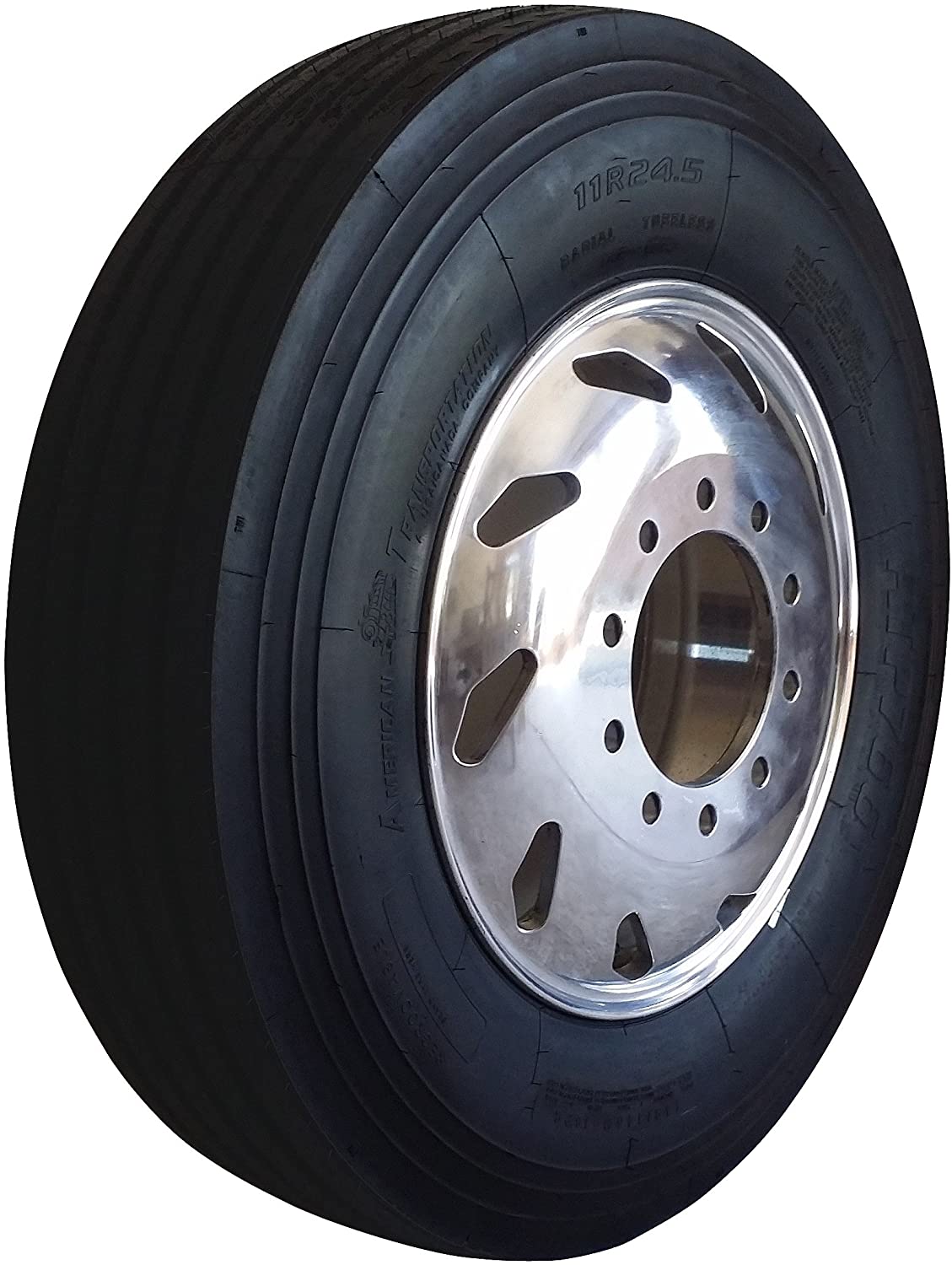As we discuss managing a fleet of semi-trucks, the performance on the road depends greatly on the quality and selection of tires. Choosing the right tires for your semi-truck is not just about the brand or price; it's a critical decision that can significantly affect fuel efficiency, safety, and overall operational costs. If you are a fleet manager, understanding the nuances of tire selection can result in long-term benefits and enhanced performance on every haul.
From understanding the differences between steer and drive tires to recognizing signs that it's time for a replacement, every decision counts. Whether you are navigating busy city streets or tackling rugged off-road conditions, the right tires are vital in how your trucks perform. In this article, we will explore various aspects of semi-truck tires, including recommended methods for maintenance, advancements in tire technologies, and how tire choices can boost performance and safety for your fleet.
Choosing the Appropriate Tires for Your Truck
Selecting the best tires for your truck is crucial for enhancing performance, safety, and fuel economy. Start by considering the specific needs of your business, including the varieties of freight you haul and the routes you typically travel. For instance, if your vehicles often operates long distances on highways, look for tires designed for strength and fuel economy. On the contrary, if you frequently navigate difficult, off-road conditions, you may need tires with enhanced traction and rugged tread patterns.
Additionally important aspect to consider is the weight capacity of the tires. Every tire comes with a specified weight limit that represents the maximum weight it can safely carry. Ensure the tires you select can handle the loads you typically transport without compromising safety or efficacy. It’s also crucial to review the manufacturer's recommendations and instructions for tire pressure, as the proper filling is key for best tire function and longevity.
Lastly, keep in mind the seasonal demands and climate factors you experience. All-season tires may be appropriate for temperate climates, while winter tires provide better grip on icy or slippery roads. Assessing your local climate and road conditions will help you select the most suitable tire type, ensuring safety and effectiveness in your operations throughout the year.
Top Tyre Manufacturers and Maintenance Advice
Concerning choosing the optimal commercial vehicle tires, certain brands stand out due to their credibility for durability and functionality. Brands like Michelin are famed for their robust tires that are exceptional in extended situations. Every of these manufacturers offers a selection of options tailored to specific driving conditions and load requirements. It's essential for fleet managers to explore and choose tires that not only fulfill the requirements of their trucks but also suit their financial constraints and operational needs.
Routine upkeep plays a crucial role in extending the longevity of your semi-truck tires. Regularly checking tire pressure and maintaining proper inflation can significantly impact fuel economy and tire wear. It’s recommended to check tires for visible indicators of damage or wear, such as breaks or bulges, before every trip. Furthermore, proper tire rotation and alignment can prevent uneven wear, ensuring that tires perform optimally over time. pneus camion lourd prix should include inspections for tread depth and routine balancing to boost safety and efficiency.
In addition to maintenance, staying updated about new technologies and tire innovations is essential. Many tire manufacturers now offer smart tires fitted with tire pressure monitoring systems (TPMS) that warn drivers to any variations in tire pressure. Grasping how tire design, including tread patterns and rubber compounds, can affect performance on different terrains and weather conditions will help fleet managers make knowledgeable decisions. By staying informed about the latest trends, teams can make proactive decisions to enhance their fleets' efficiency.
Comprehending Performance Elements and Developments

Efficiency considerations in semi-truck tires are vital for enhancing operational efficiency. Design of tires plays a key role in the performance of tires under various loading situations and road types. Characteristics such as tread designs, composite materials, and stiffness of the sidewalls can significantly affect traction, maneuverability, and longevity. Fleet managers should consider these characteristics when purchasing tires to ensure they fulfill the unique demands of their operations. Comprehending weight ratings and inflation pressure is also essential, as these factors have a direct impact on the stability of vehicles and tire longevity.
Innovations in tire engineering have brought about improvements in performance and protection for semi-truck fleets. The introduction of intelligent tires integrated with TPMS allows for real-time monitoring of tire conditions, which helps to avoid tire blowouts and enhance fuel efficiency. Moreover, innovations in eco-friendly tire options contribute to minimizing a fleet's ecological footprint but also enhance overall performance through enhanced materials and fabrication techniques. Keeping up about these developments empowers fleet operators to make strategic choices that align with their goals.
Moreover, tire care and management innovations have transformed fleet operations. With tools designed for proper tire care, including tire balancing and rotation tools, fleets can prolong tire life and enhance safety. Utilizing data analysis tools to track tire performance over time allows for more informed choices regarding replacements and service schedules. By keeping up with these trends and best practices, fleet administrators can boost their operational efficiency, ensuring their fleet vehicles are always prepared for the road and performing at their best.
